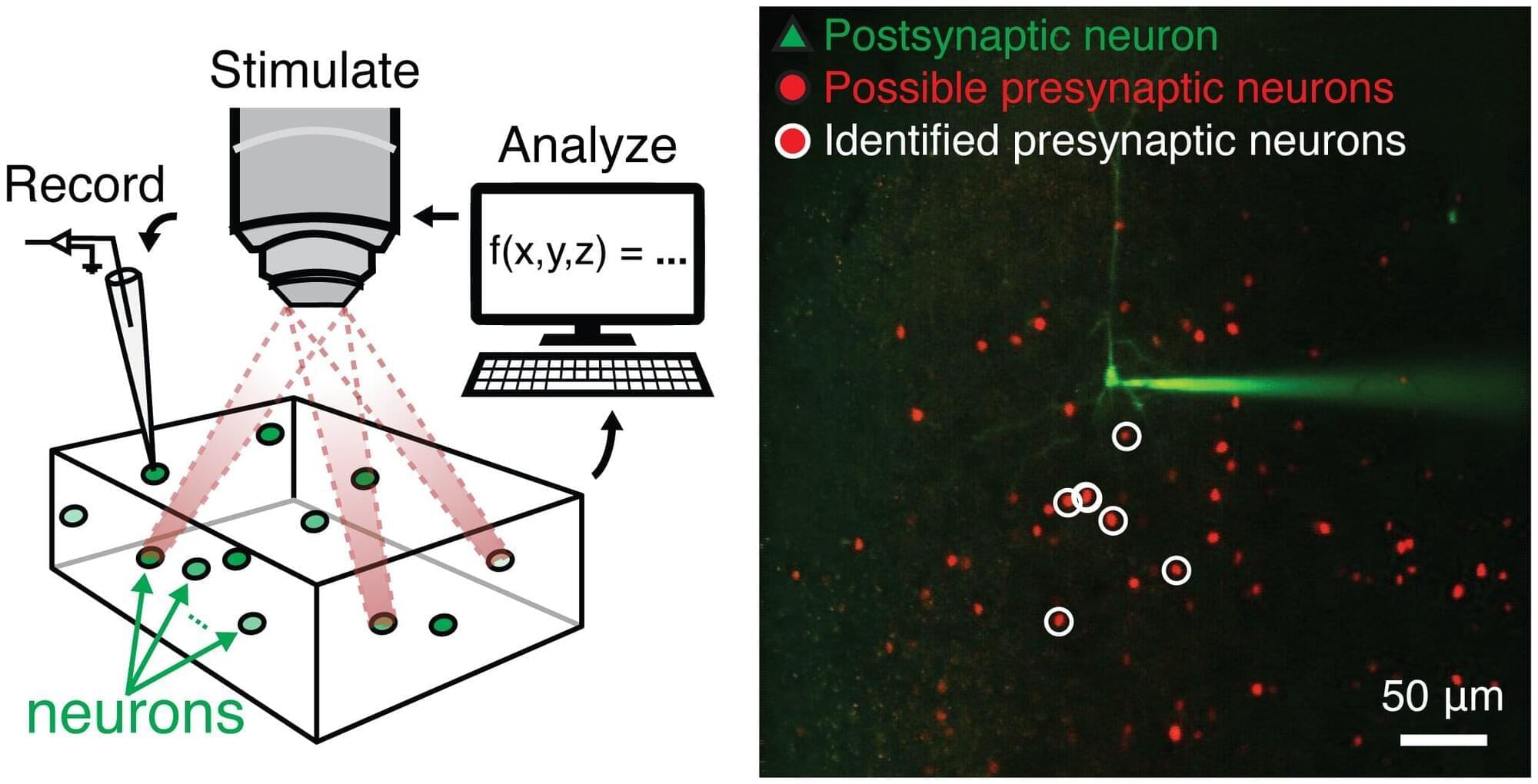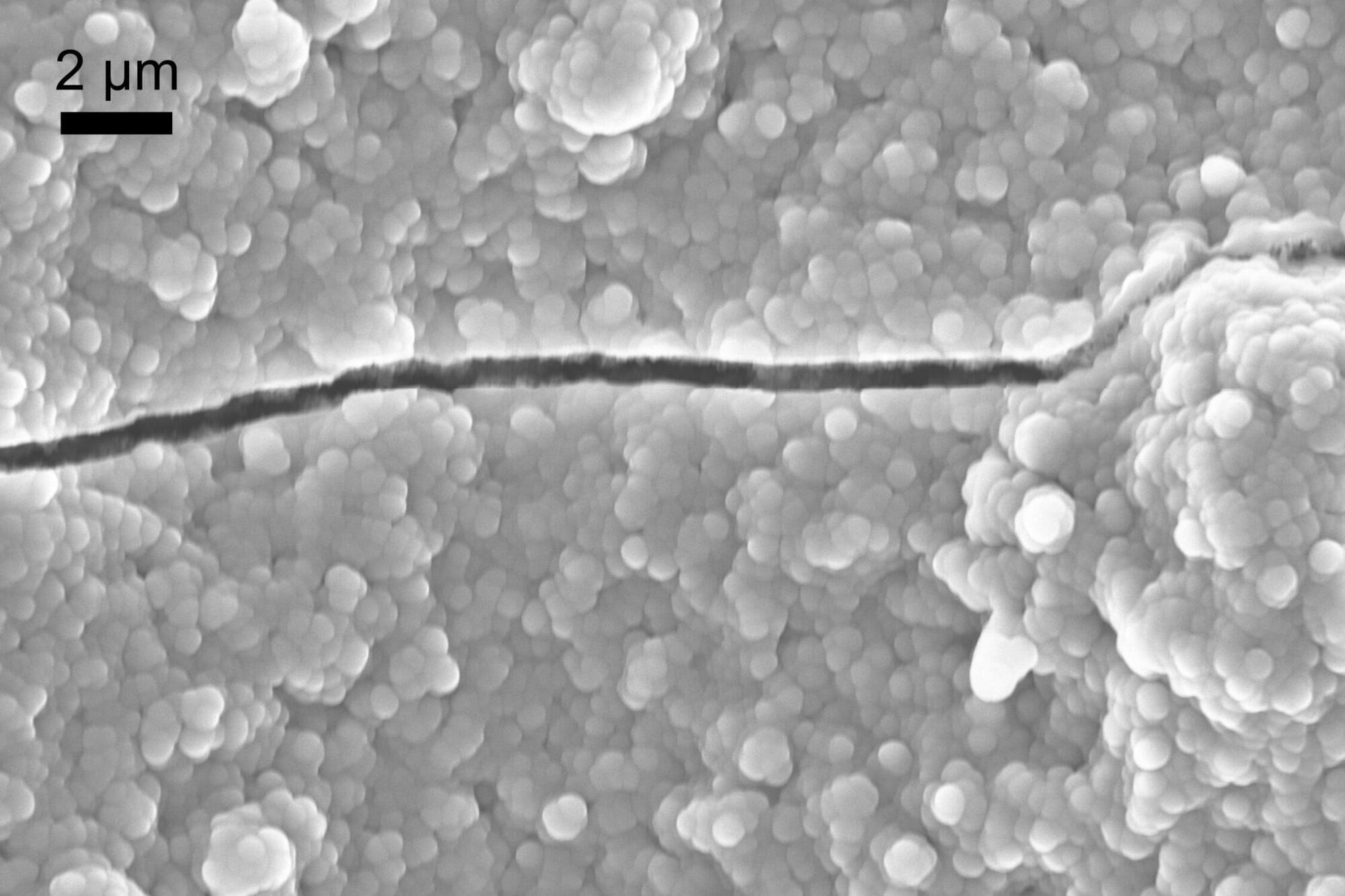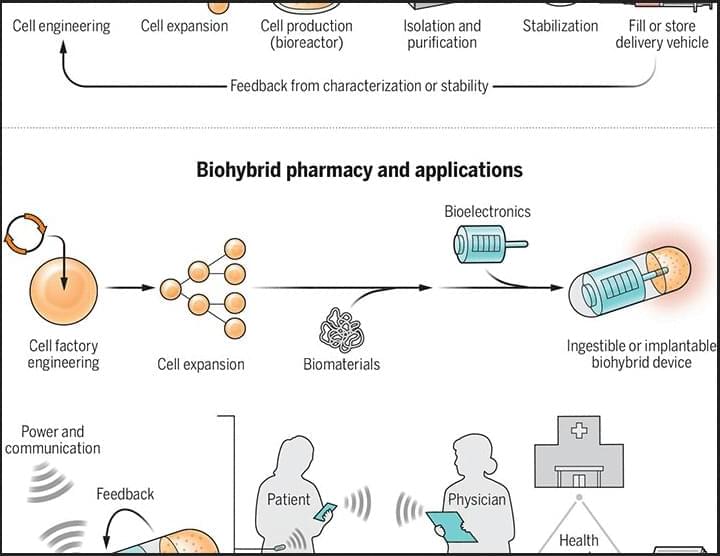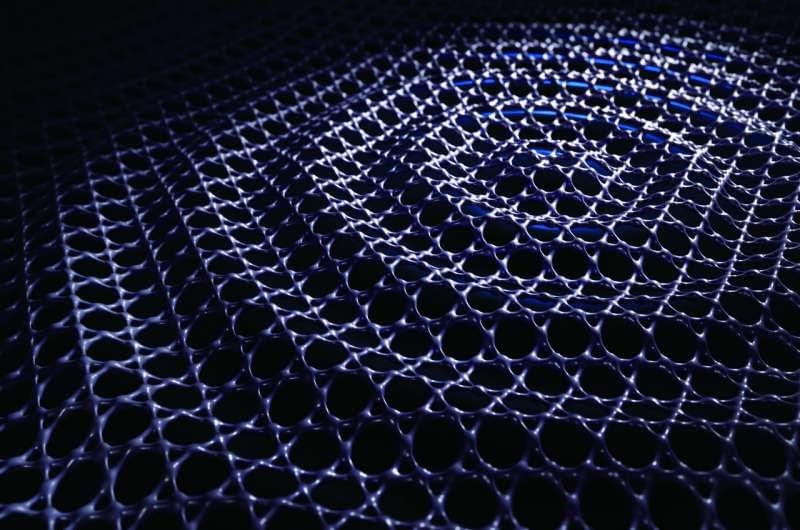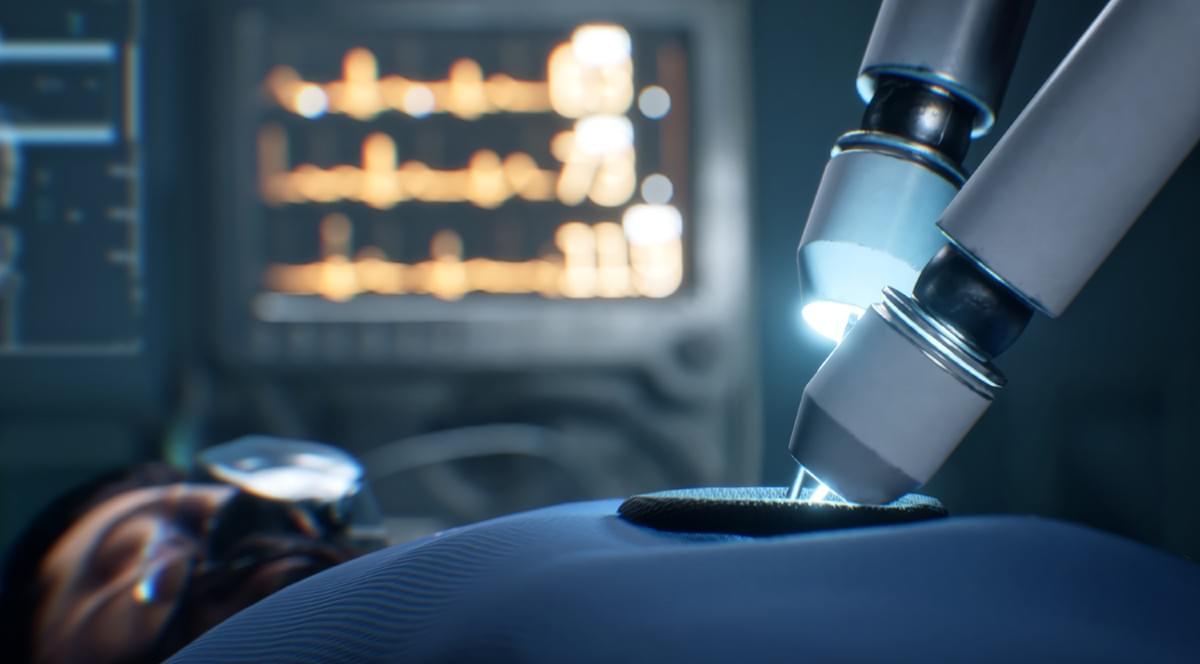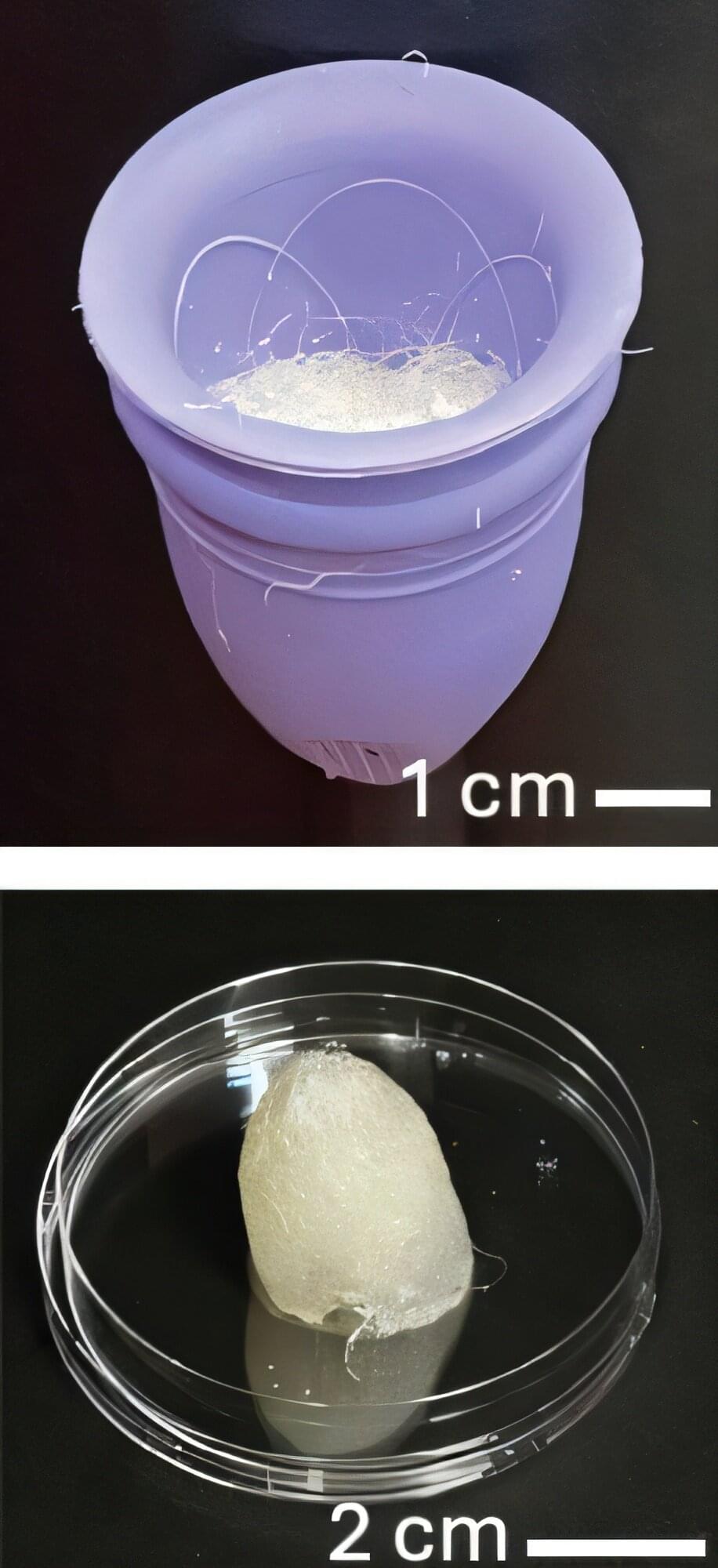AI models have been expanding dramatically in size and the number of trainable parameters. This rapid growth has introduced many challenges, including increased computational costs and inefficiencies. Dynamic sparse training has emerged as a novel approach to address overparameterization and achieve energy-efficient artificial neural network (ANN) architectures. The highly efficient neuro-inspired sparse design remains underexplored compared to the significant focus on random topology searches. We propose the Topographical Sparse Mapping (TSM) method, inspired by the vertebrate visual system and convergent units. TSM introduces a sparse input layer for MLPs, significantly reducing the number of parameters.

